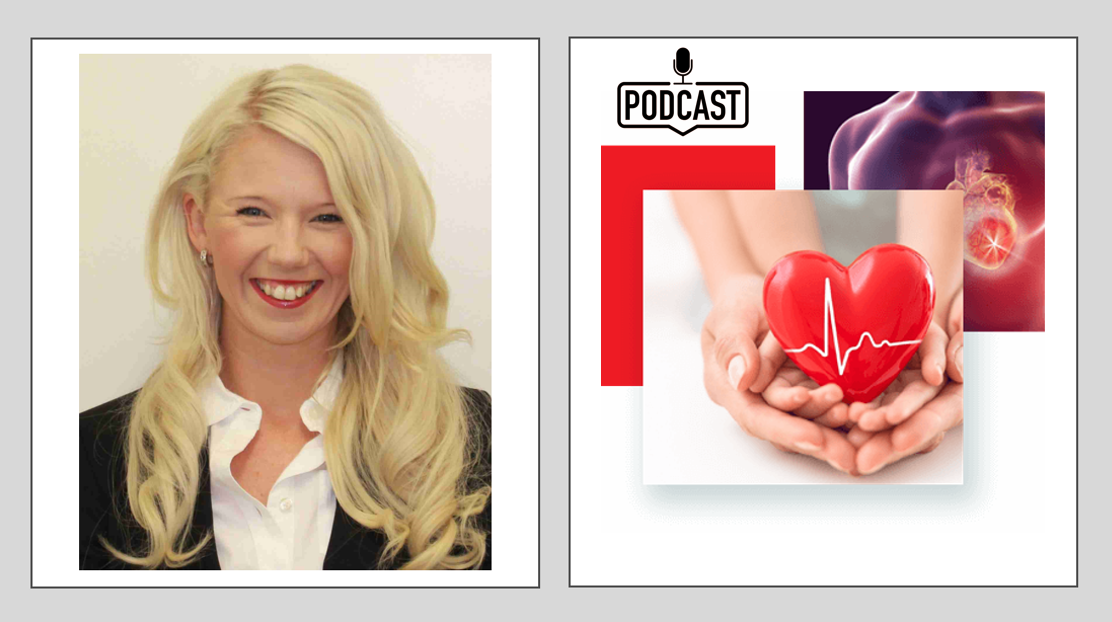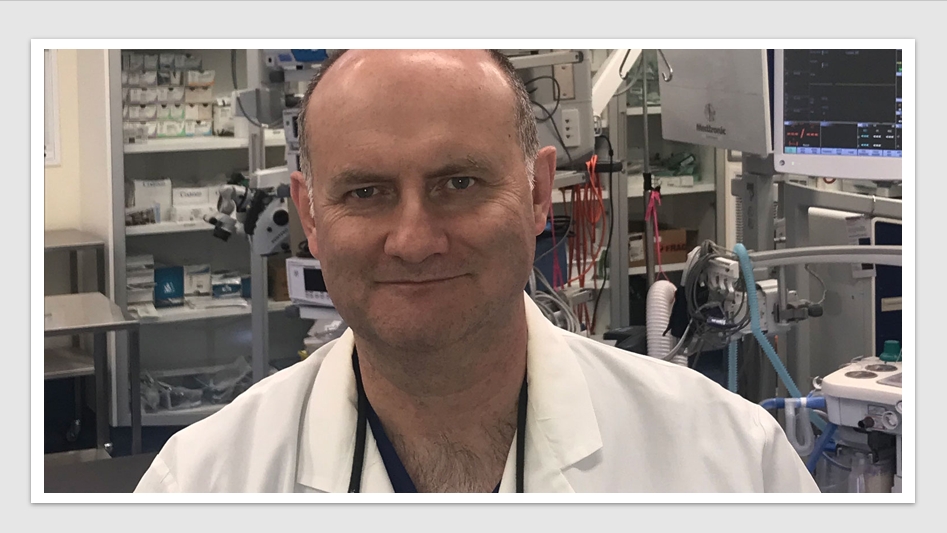News & Trends - MedTech & Diagnostics
Hearts4heart CEO sheds light on patient voice and treatment gaps in Heart Valve Awareness Week

MedTech News: More than half a million Australians were living with heart valve disease in 2021, with an estimated 254,000 people currently living with the disease undiagnosed.
In an interview with Health Industry Hub, Tanya Hall, CEO and Founder of hearts4heart, sheds light on the current reality for patients with heart valve disease and why Heart Valve Disease Awareness Week (21 – 27 February) is of significance. She also discusses the impact of the COVID-19 pandemic on patient access to care and support services, and how she would like to see the journey of care and access to novel technologies evolve for this patient group.
Ms Hall said “There is the issue that a stethoscope check isn’t included in the MBS Heart Health Check. We have a really big focus on urging government to include that [on the MBS] particularly during weeks like these [Heart Valve Disease Awareness Week]. It’s really important that GPs are more aware of this and check the heart of those particularly over the age of 65.”
In relation to timely access to care, she added “My biggest frustration is the prostheses list reimbursement. When there’s a recommendation from the PBAC, the Minister has to listen without delay, but that’s not the case with medical devices. As an example TAVI… was approved by MSAC in November 2020 and it’s only just been listed. In addition, we’re still waiting for TAVI to be listed for low risk patients even though it’s been approved. We really need to have an agreed framework post approvals that need to be complied by all stakeholders.
“In addition to that, we’ve got concerns because there’s no funding pathway at the moment [for cardiac services] and that would really have detrimental effects on patients. I, too, have a pacemaker and when I go and see my clinician, there’s a cardiac technician who looks at my pacemaker, he may make changes if I have a procedure or need an MRI…This is ongoing management. It’s really essential that cardiac services are factored in and that there’s an appropriate funding pathway because the hospitals just won’t be able to cope with the volume and the patients will suffer as a result .”
In supporting Heart Valve Disease Awareness Week, Daniel Young, Business Director for Structural Heart & Aortic, Peripheral Vascular Health and Coronary & Renal Denervation, Medtronic Australasia, told Health Industry Hub “According to the Baker Heart and Diabetes Institute, there are approximately 250,000 Australians living with undiagnosed HVD with projections suggesting this will grow substantially to 336,000 in 2031, and 435,000 in 2051. These figures demonstrate the underlying need for better access to TAVI technologies and other treatment options for heart valve disease (HVD).
“It’s really important to for us to collaborate with advocacy groups and clinicians to improve access to technologies that treat HVD. Recently, we’ve worked to improve access to TAVI for patients with symptomatic severe aortic stenosis (AS) at intermediate risk, and a new MBS item will be introduced in March this year for this.”
News & Trends - MedTech & Diagnostics

Roche Diagnostics MD bids farewell after two-decades, leading the organisation to new heights of success
Diagnostics & MedTech News: The Managing Director of Roche Diagnostics Australia, Allison Rossiter, has announced her resignation, effective September 2024. […]
MoreNews & Trends - Pharmaceuticals

Is Australia ready to play a leading role in precision nuclear medicines?
Pharma News: A newly released discussion paper unveils Australia’s preparedness to take the helm in the rise of the global […]
MoreNews & Trends - MedTech & Diagnostics

Minimally invasive procedure a first in epilepsy treatment
MedTech & Diagnostics News: An Australian-first procedure utilising MRI-guided, minimally invasive surgery has been introduced for the treatment of epilepsy […]
MoreNews & Trends - Pharmaceuticals

Stakeholders unite in international call to tackle breast cancer gaps and inequities
Pharma News: Breast Cancer Network Australia (BCNA) has united in an international call to raise breast cancer care standards and […]
More